Dialogue throughout the Decades
Historical pillars of the Black Alumni Chapter discuss the group’s heritage to celebrate 50 years
The Association of Black Students (ABS) emerged in 1968, a decade after Oakland University’s establishment, as a small pool of Black students seeking out their campus community. In the following fall, ABS hosted their first event, Black History Week, which was pioneered before Black History Month was nationally recognized. The celebration included speakers, OU’s African Folk Ensemble, book displays, films, fashion and art sales, and shows. Growing in recognition, ABS continued to support lively events, introduced new awards and mentored local high school students considering college. Nearly a decade later in 1974, the Black Alumni Association (BAA) was created to accommodate the range of alumni supported throughout the years, and the Black Alumni Chapter we know today took root.
Today’s chapter continues to expand under the leadership of alums like Shalonda Dennis, SBA ’07, who currently serves as the co-chair of the Student Outreach and Alumni Relations committee for the Black Alumni Chapter. In an interview highlighting its heritage, Dennis discusses perspectives of the present and past with an early ABS and BAA member, Stephanie Spears-Boothe, CAS ’74.
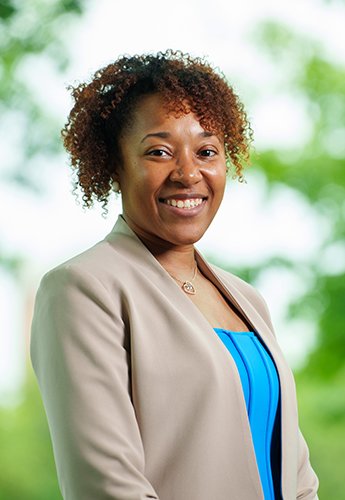 |
| Shalonda Dennis, SBA ’07 |
Dennis: What year did you graduate?
Spears-Boothe: Well, my class was the class of ’74. We are the 50th! There were some classes before us, when Black students just started coming to Oakland University or Michigan State Oakland at the time. My class began in 1970, following the Detroit ’67 Rebellion. Of course, we were still in the aftermath, with rebellions all over the country too, and therefore, conditions were very different than what a student could expect today.
D: I can only imagine what that atmosphere was like on campus as a part of that inaugural group in ’74. What drew you to Oakland University?
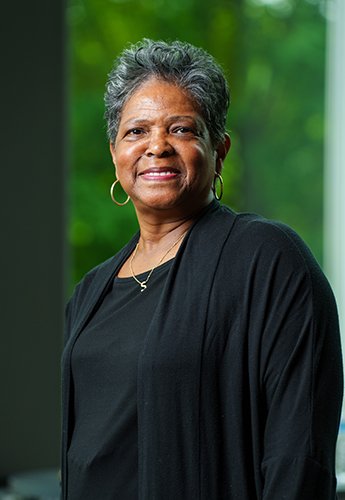 |
| Stephanie Spears-Boothe, CAS ’74 |
SB: It’s interesting how it took place. I wasn’t even aware of Oakland University. The Association of Black Students came to my high school and arranged a day for us to come to campus. We were so welcomed by the upperclassmen; they surrounded us with love that day, taking us all over campus and paying for our lunch at the grill.
They talked to us so sincerely, not just about the campus, but our responsibility as Black students. We needed to make a difference in our community. It opened up a whole new vision for me.
D: How large was the group when you formed the Black Alumni Association?
SB: I would say 100 to 150, which is large. In early classes, there weren’t many Black students. The university had thousands of students, but only a few hundred were Black students.
D: That’s interesting because when I was a student it was still predominantly a white university, but on campus, it felt different. That added to the familial sense I felt because everywhere I looked, I saw people that looked like me. It made me feel safe.
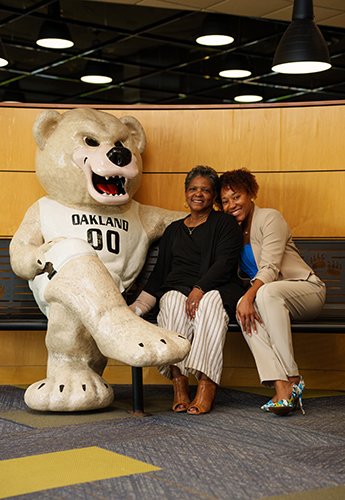 |
SB: It wasn’t like that for us, but that’s why the Oakland Center was so important. We met outside of the classes. There were some [classes] that made it feel like we shouldn’t be there. That propelled us to be protective over one another and to be engaged because we were going to stay and graduate.
We also connected with the Pontiac community. There were activists and pioneers that came to campus. Your role is to help your community get to a certain level of freedom. With these connections, students were contributing to what’s going on in society.
Even though Brown [v. Board of Education] had been in ’54, many schools weren’t desegregated 20 years later. The activists contacted our student leaders, and [the ABS] went to Pontiac Northern High School. When we got there … the sight we saw … it was a learning experience. We wanted to show support for the Black community, for desegregating all schools. There were residents there that threatened bombs — the opposition was all lined up.
As a student, you need to be aware and engaged. We found lifelong friends in those moments too.
D: Yes, exactly that. Anyone could’ve just written you off, but for them to come to you and want you to get involved, that speaks volumes.
SB: We hung in there, and now we see subsequent classes are now in charge. It’s a beautiful thing. They’re grasping for others to always keep a connection. That’s history.
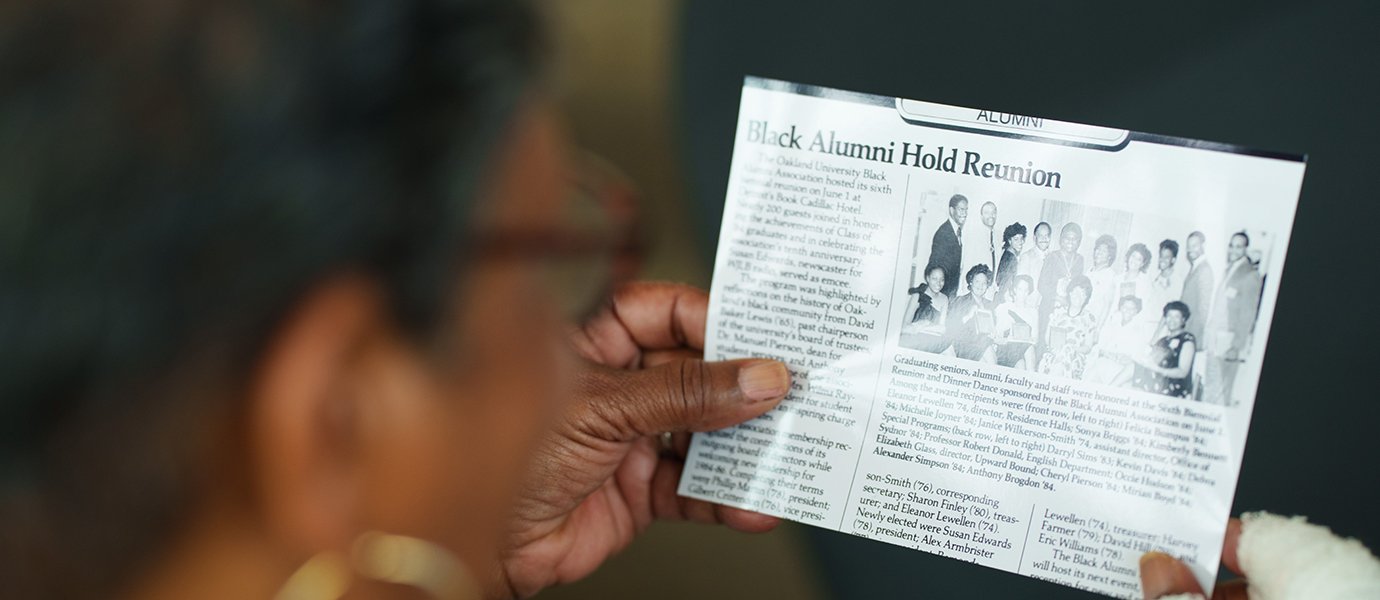 |
|
Celebrate the Black Alumni Chapter’s 50th Anniversary at the 2024 Alumni Reunion Weekend on Friday, October 18. |
D: It’s interesting you mention evolution because I’ve seen that in the chapter now. Many board members have served well beyond their term, but that’s because we needed people to join the board, carry the torch.
SB: Yes, as you evolve, it’s important to keep alumni involved and engaged. They will reveal wisdom. It shows young people how far they’ve come. You can read about a historic perspective, but if you hear about it from someone who did, they can add that bit of spice to further explain.
D: Love hearing all this history. What advice would you give me to continue the legacy of the Black Alumni Chapter?
SB: You should be a motivating factor. You wouldn’t be engaged if you weren’t motivated yourself, and spread that to younger generations. Just show up for them, and when I say show up, I mean in the community, too. When you show up, there will always be more doors opening for you and others around you.
D: This was such an honor. It’s so fitting we’re talking on Juneteenth too, considering the legacy that you all created for this chapter and see where it’s gone today.
SB: Yes, this is a wonderful opportunity to celebrate … Every generation has a historical path.
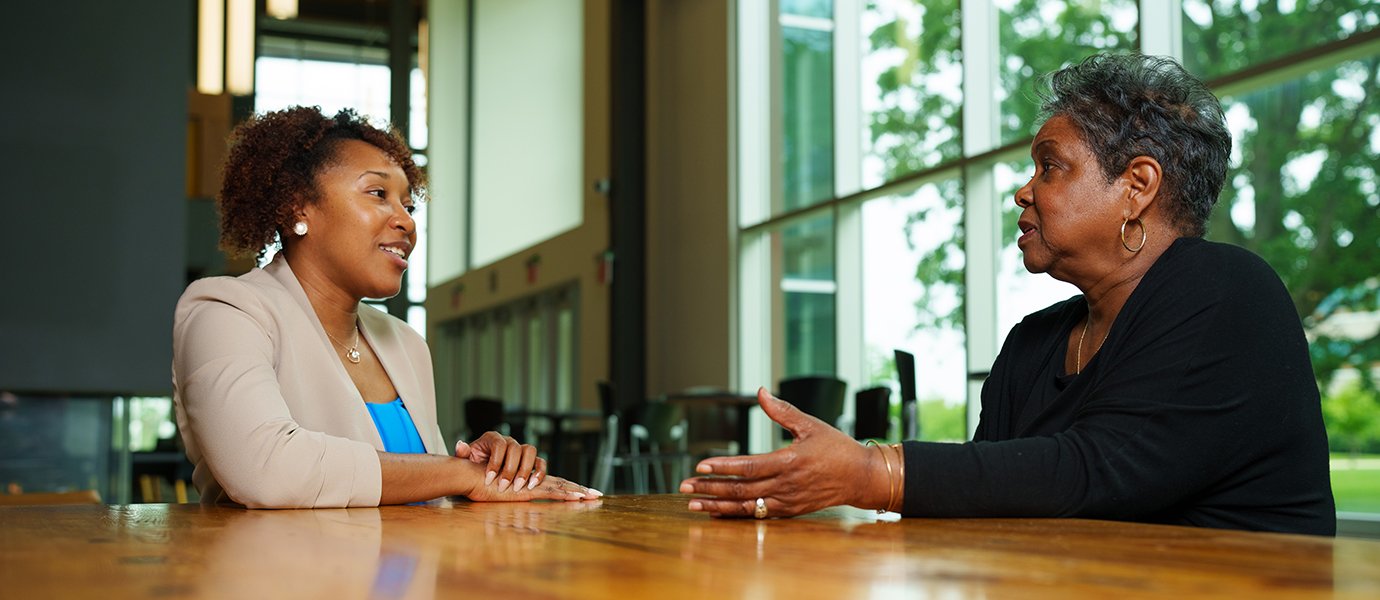 |
More Like This: |

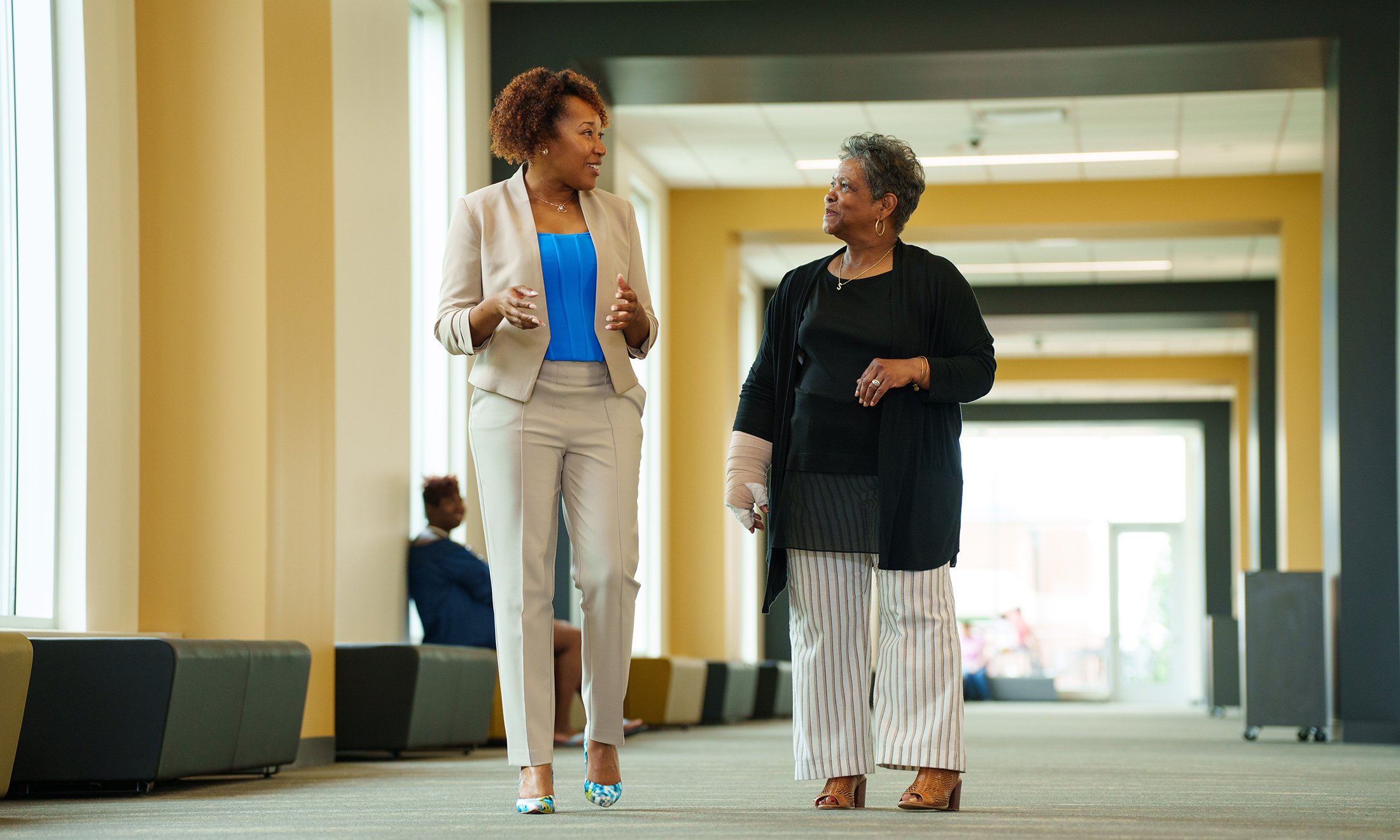
 September 27, 2024
September 27, 2024
 By Emily Morris
By Emily Morris






